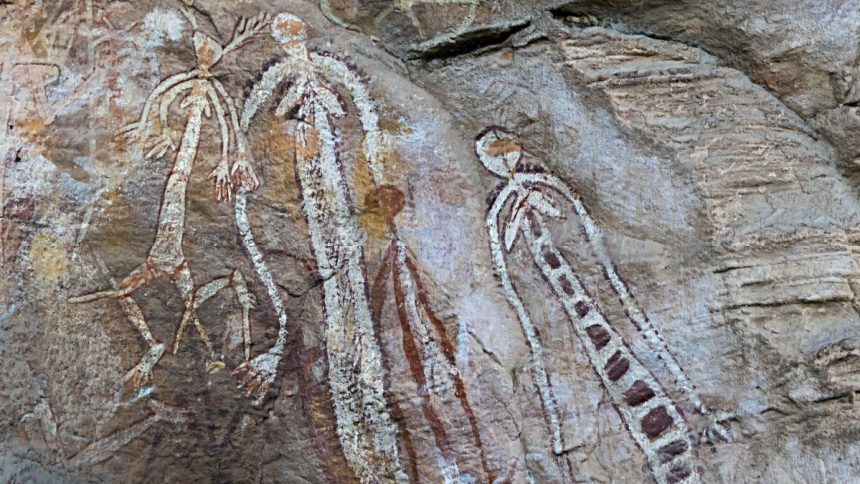The release of the draft syllabus from the NSW Education Standards Authority (NESA) – including a new mandatory unit on the era of colonisation – heralds a new era for Australian history teachers.
Chief executive of NESA, Paul Martin, said the introduction of the unit will deepen secondary school students’ knowledge about Aboriginal culture and showcase “a more balanced view” of Australian history. The compulsory content aims to ensure students gain a more comprehensive understanding of Australia’s heritage, Mr Martin said, “but is not at the expense of European history”.
The syllabus changes were released to NSW teachers for consultation on Monday and will see students in years seven and eight taught about colonisation and Aboriginal perspectives as a core study area. This learning will be delivered in addition to existing compulsory global Middle Ages and ancient world units.
“We’ve struck a good balance for students learning more about the perspectives of Australia’s past,” Mr Martin said.
Focus on Aboriginal Change Makers
The proposed changes to the curriculum follows the June 2022 announcement that prominent past Victorian Aboriginal leaders would be studied in Victorian classrooms for students in years seven – 10.
The Aboriginal Change Makers resource prompts students to explore Victorian history through the eyes and experiences of Indigenous people and includes details about life on Aboriginal missions, the policy of the forced removal of children from their families at age 15 to work as farm or household labour, as well as campaigns for self-determination and recognition throughout the 20th century.
That initiative was developed in a partnership between the Victorian Parliament and the Aboriginal-run school, Worawa Aboriginal College, and followed the 2022 release of a new Australian curriculum this year that elevated the teaching of Aboriginal history (amended to include more of Australia’s Western history at the insistence of the former Coalition government).
Recognition of Indigenous history
The changes in the way Australian teachers can now engage students in important aspects of Indigenous history is a positive shift away from the political turmoil sparked in 2021 when former federal education minister Alan Tudge expressed concerns about draft changes to the national curriculum and what he considered too much of a focus on teaching First Nations perspectives.
But with this latest announcement about proposed changes to NSW school syllabus, University of Technology historian, Anna Clark, said that the news represents a powerful change to the way Australian history is taught and understood in schools.
“Indigenous Australians’ experience of colonisation was broadly included in the old syllabus, but it was not nearly as explicit in the way it details the effects of colonisation on First Nations people,” Ms Clark said. “Some violent aspects of colonisation were included, but this is shifting our gaze back to what it means for people who were here first.”
Previously, the syllabus saw students in years nine and 10 Aboriginal taught a topic on rights and freedoms, while colonisation – and Indigenous perspectives – were only offered as optional study areas.
History truth-telling shares First Nations perspectives
According to a NESA spokesperson, the proposed changes to the year seven and eight history syllabus will include broader Aboriginal perspectives, including:
- Focus on Aboriginal peoples’ experiences of colonisation in Australia
- Significant groups, individuals, ideas, beliefs, practices and events in the period of contact and colonisation in Australia, with a focus on the causes of the Frontier Wars, and significant conflicts during initial contact
- Reasons for expansion over Blue Mountains and into Tasmania
- Escalating tensions, resistance, conflicts and significance of Aboriginal identities involved
- Impact and legacies of contact and colonisation of Aboriginal peoples
Under the draft syllabus proposal, a greater focus on the legacies of colonisation, as well as lessons on the development of government policies related to Indigenous Australians, will also be included.
A draft human society and environment (HSIE) syllabus for primary school students will also be released – including more about Aboriginal history, language and culture content.
“Significantly for the first time, draft syllabuses in primary and high school offer students a deeper understanding of Australia’s European heritage and Aboriginal history, giving a more balanced view.”
Other proposed changes to the secondary school history syllabus include an optional in-depth Holocaust study unit, and a separate in-depth study unit on the freedoms and rights of Australian women.








